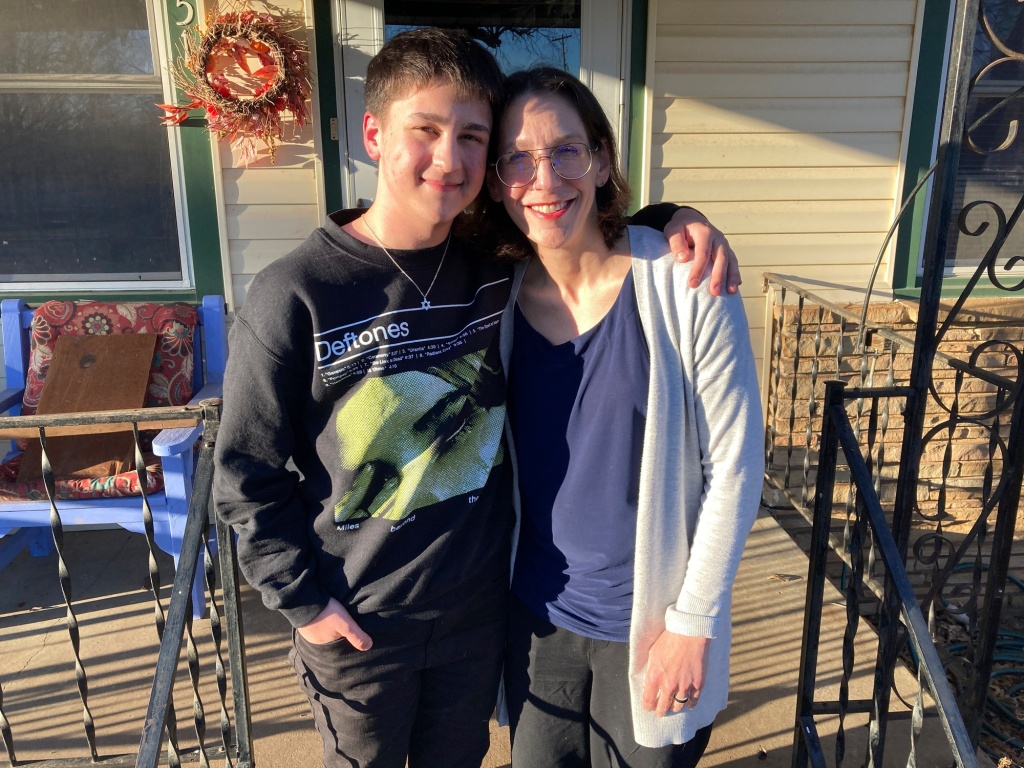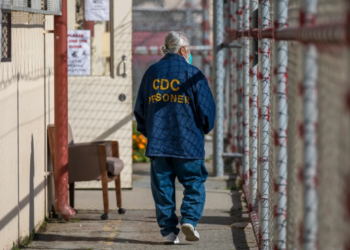By Hannah Schoendaum and Sean Murphy | Associated Press
TULSA, Okla. — Al Stone-Gebhardt worked hard in school to make sure he graduates in May, and he spent hundreds of dollars on commencement regalia, but he is fully prepared not to participate in the ceremony.
The 17-year-old, who is transgender, said he feared his high school, Tulsa Union, might use his deadname — the name he was given at birth but no longer uses — on his diploma and during the ceremony instead of his legally changed name. He has had teachers call him by his birth name, sometimes inadvertently, and said he finds the experience traumatizing.
“Being deadnamed just immediately makes you feel belittled, weak and insignificant,” Stone-Gebhardt said. “I didn’t want to be in the classroom. I didn’t trust the teacher.”
The Associated Press contacted the school about Stone-Gebhardt’s fears, as well as concerns from his mother, who felt she was getting the runaround when she tried to discuss the issue with the school officials. A spokesperson said the school will work with his parents to make sure his correct name is used.
As hundreds of bills nationwide take aim at nearly every facet of transgender existence, from health care to athletics to bathroom access, trans kids and their families say certain proposals could eliminate one of the last remaining safe havens to explore their identities: K-12 public schools.
Several ” parental rights ” proposals, which aim to give parents greater control over their children’s education, would formally allow or require schools to deadname trans students or out them to their parents without consent. While some parents and teachers argue they have a right to know, others warn it could jeopardize the mental health and physical safety of gender-nonconforming children and place educators in the crosshairs.
More than 25 proposals introduced across 14 states include provisions permitting teachers or fellow students not to honor the name and…
Read the full article here







